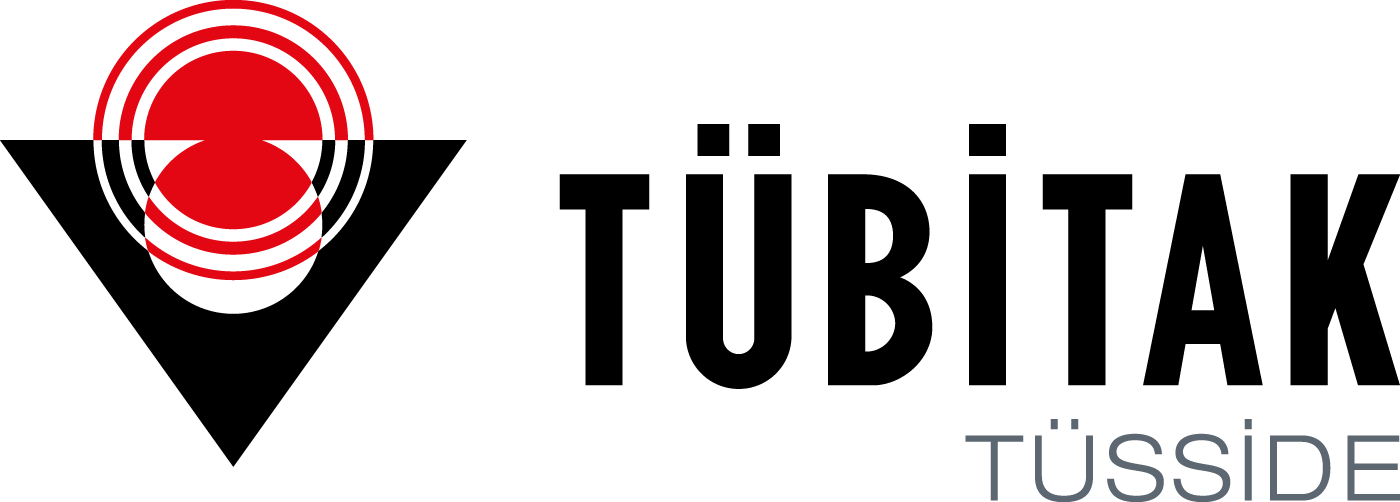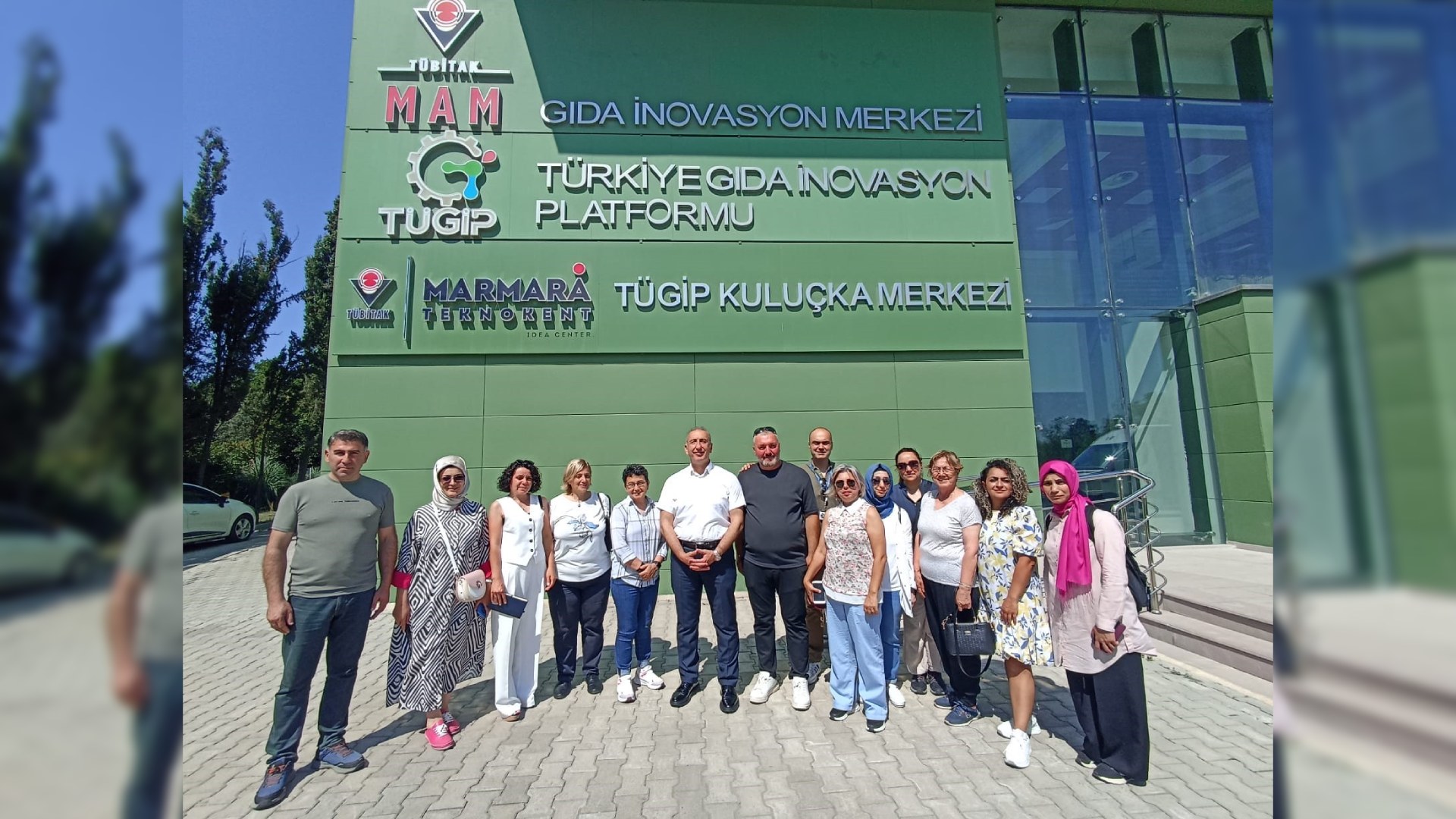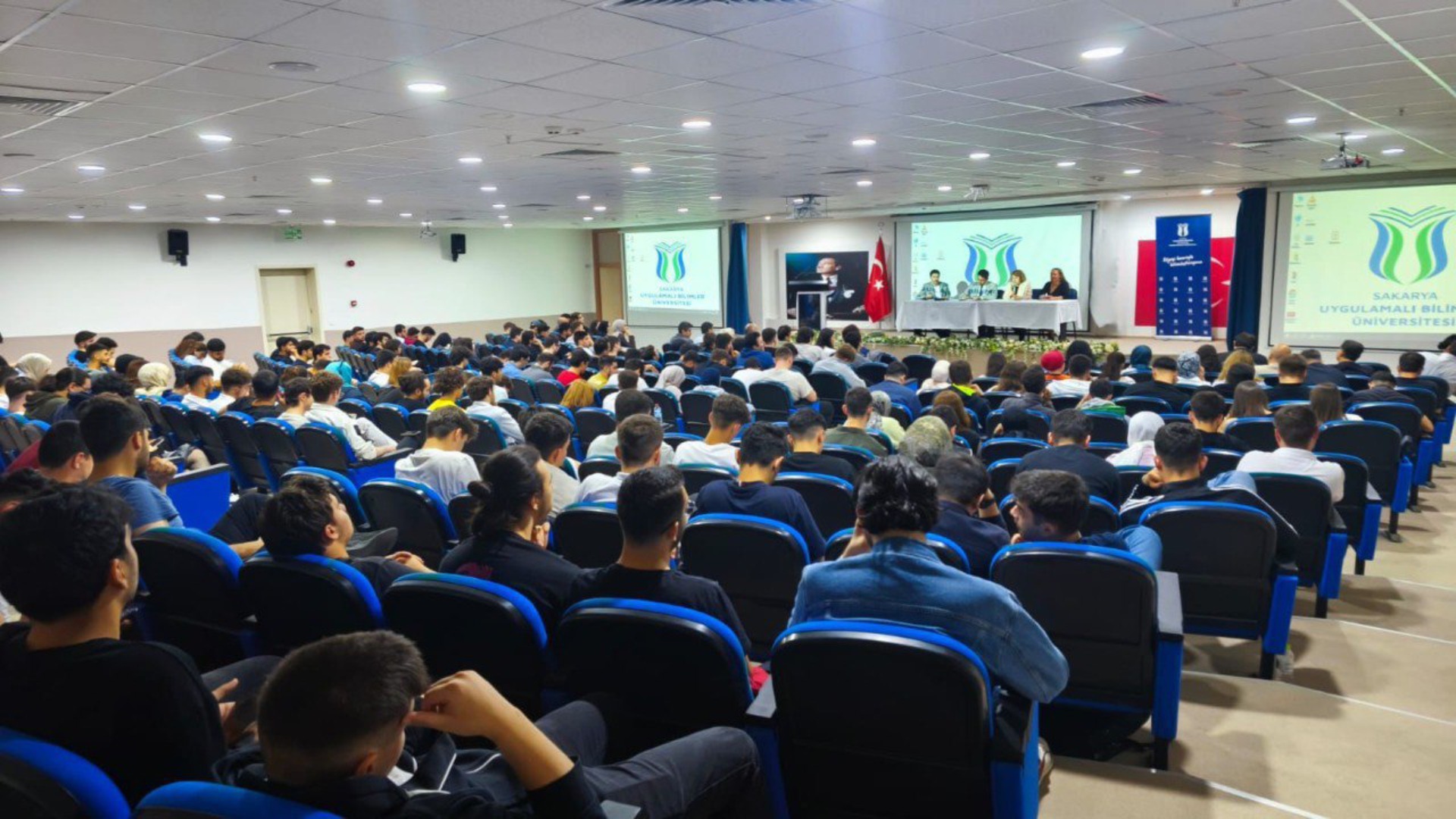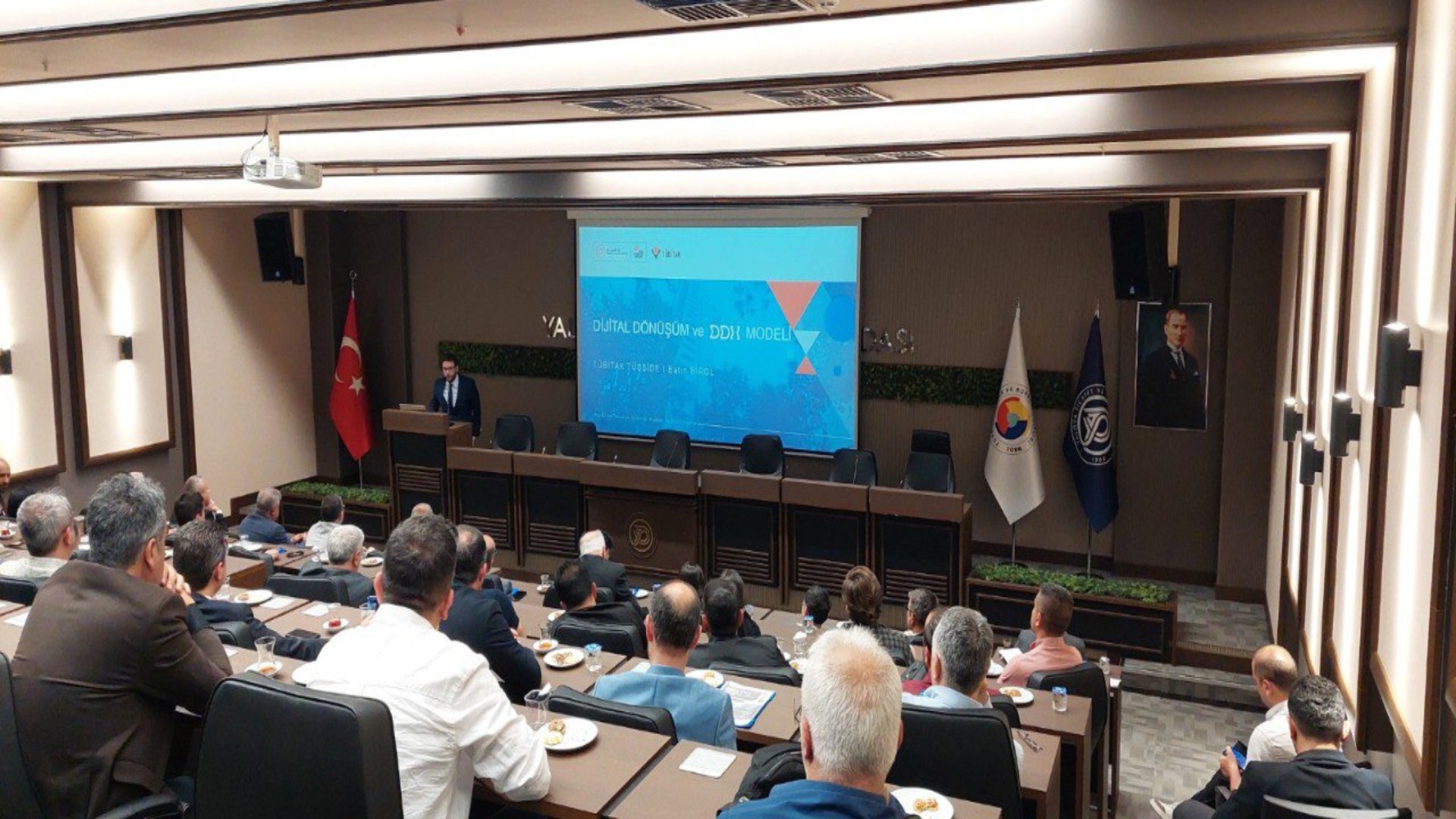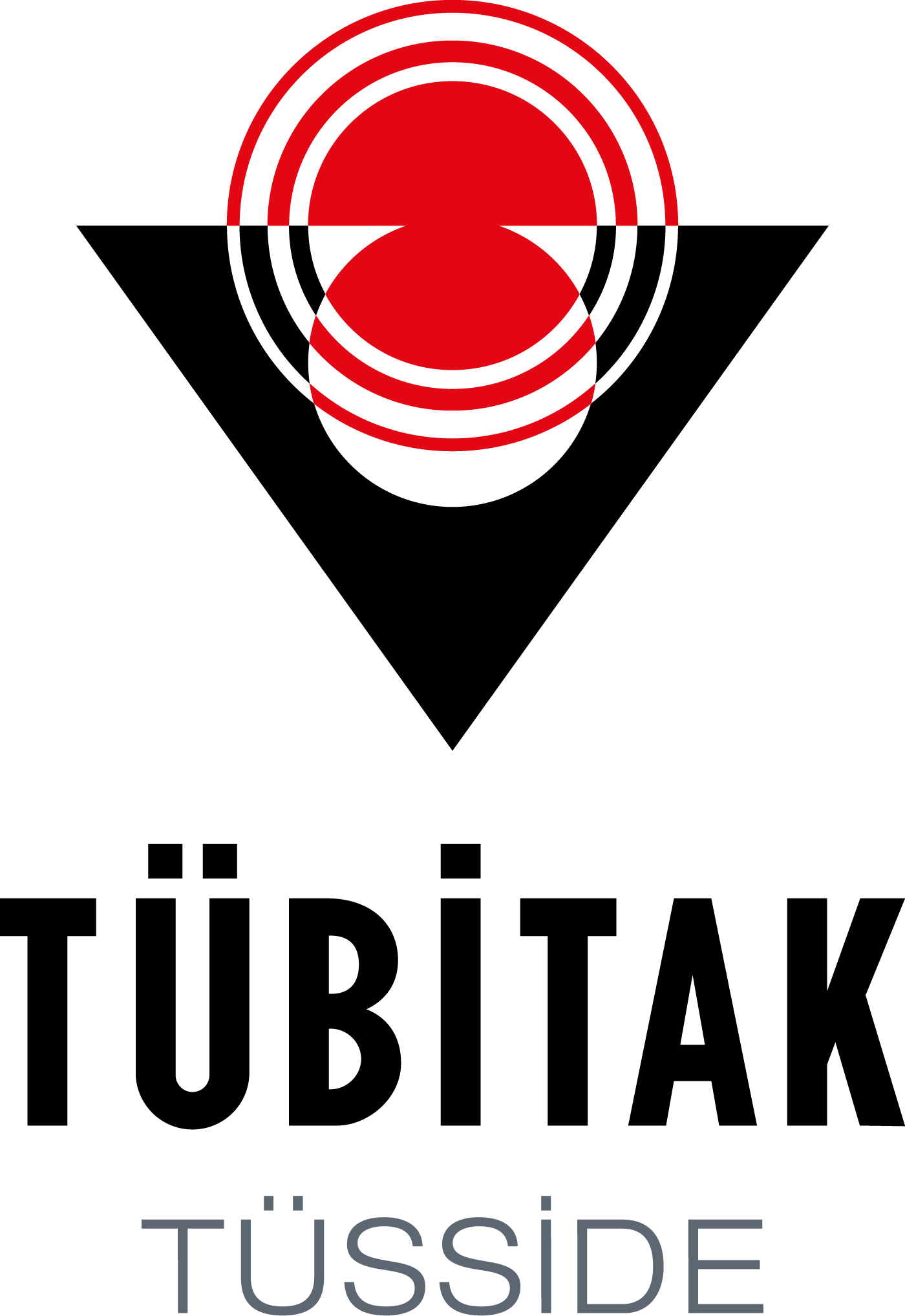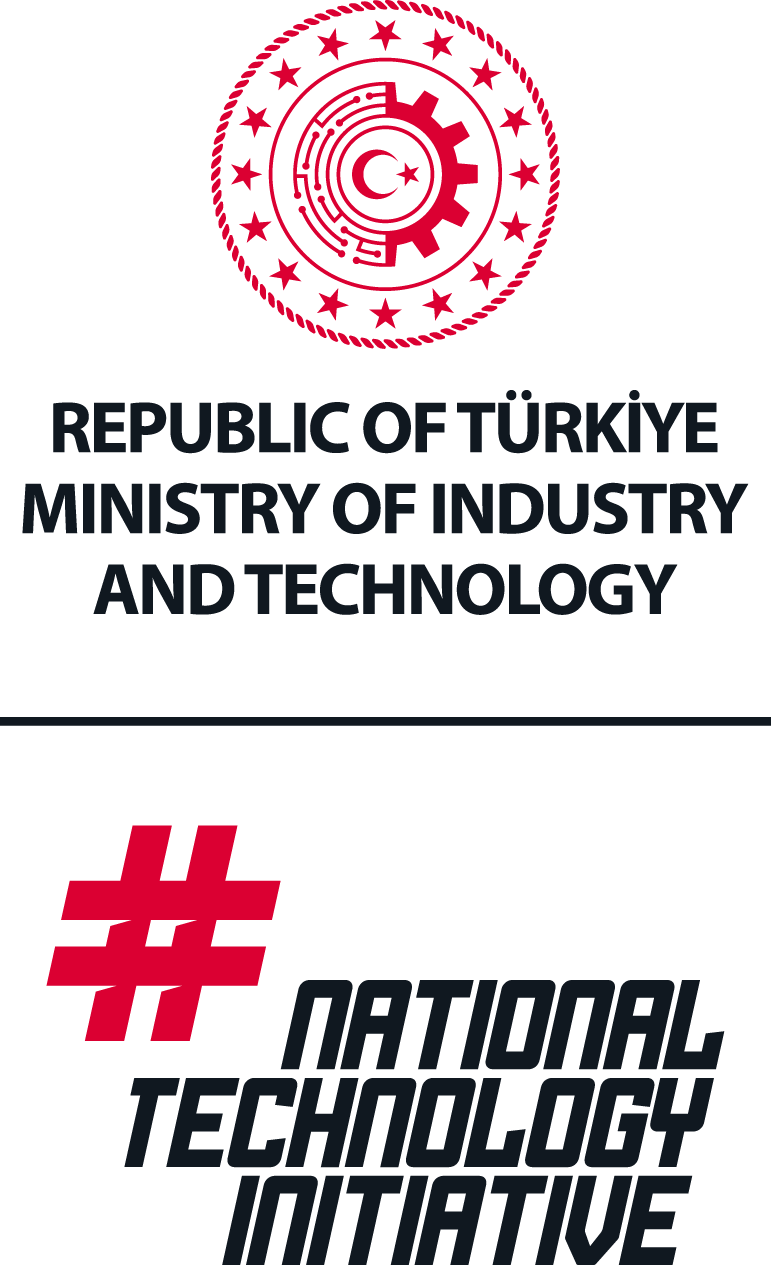Within the scope of the project carried out between DOKAP and TÜBİTAK TÜSSİDE, it was aimed to create an inventory of agricultural organizations operating in the DOKAP region; to reveal their capacities, basic activities and institutionalization; and to determine the competencies and needs of the organizations to be selected in line with the determined criteria. In this context, it was planned to identify the training and consultancy needs of more than 600 agricultural organizations in the region and to prepare a road map for capacity building.
Workshops
Within the framework of the project, workshops were held in Rize, Ordu and Amasya. The programs started with introductory speeches on the project and continued with the sharing of good practices from the world and Turkey. In the workshop, competitiveness analyses of agricultural organizations were carried out, needs were identified based on the competitiveness analyses, and opinions were received from the participants on the content of the training and consultancy program to meet these needs. Officials of relevant public institutions, Presidents of Chambers of Agriculture, NGOs, Unions and Cooperatives from the provinces within DOKAP (Artvin, Bayburt, Gümüşhane, Rize, Amasya, Çorum, Samsun, Tokat, Trabzon, Ordu, Giresun) participated in the workshop programs.
Technical Visits
Within the scope of the project, technical visits were made to successful examples with the aim of raising awareness and knowledge transfer. In this direction, a program was created to see successful examples on site and to visit new infrastructures and practices in the field of food. In the program, agricultural cooperatives and organizations operating in Bursa province (Katırlı Village Agricultural Development Cooperative, Gemlik Commodity Exchange, Bursa Agricultural Cooperatives Union and Kumlukalan Village Agricultural Development Cooperative) were visited for successful examples. In order to raise awareness on domestic applications in the field of food, TÜGİP (Turkey Food and Innovation Platform), located within TÜBİTAK MAM, was visited and the infrastructure was presented to the participants.

